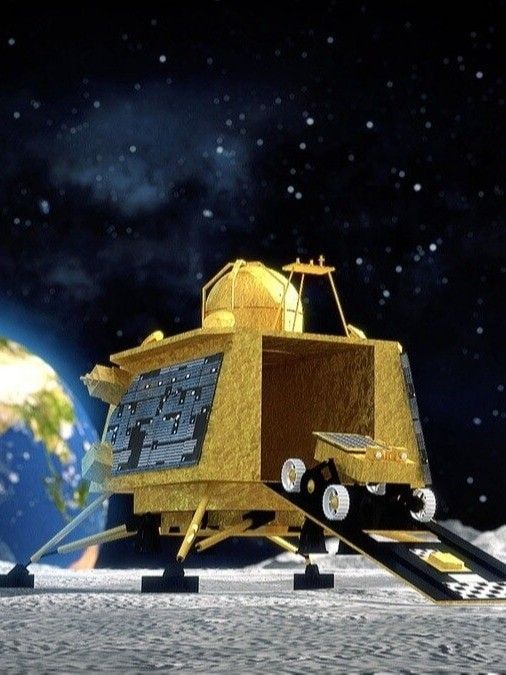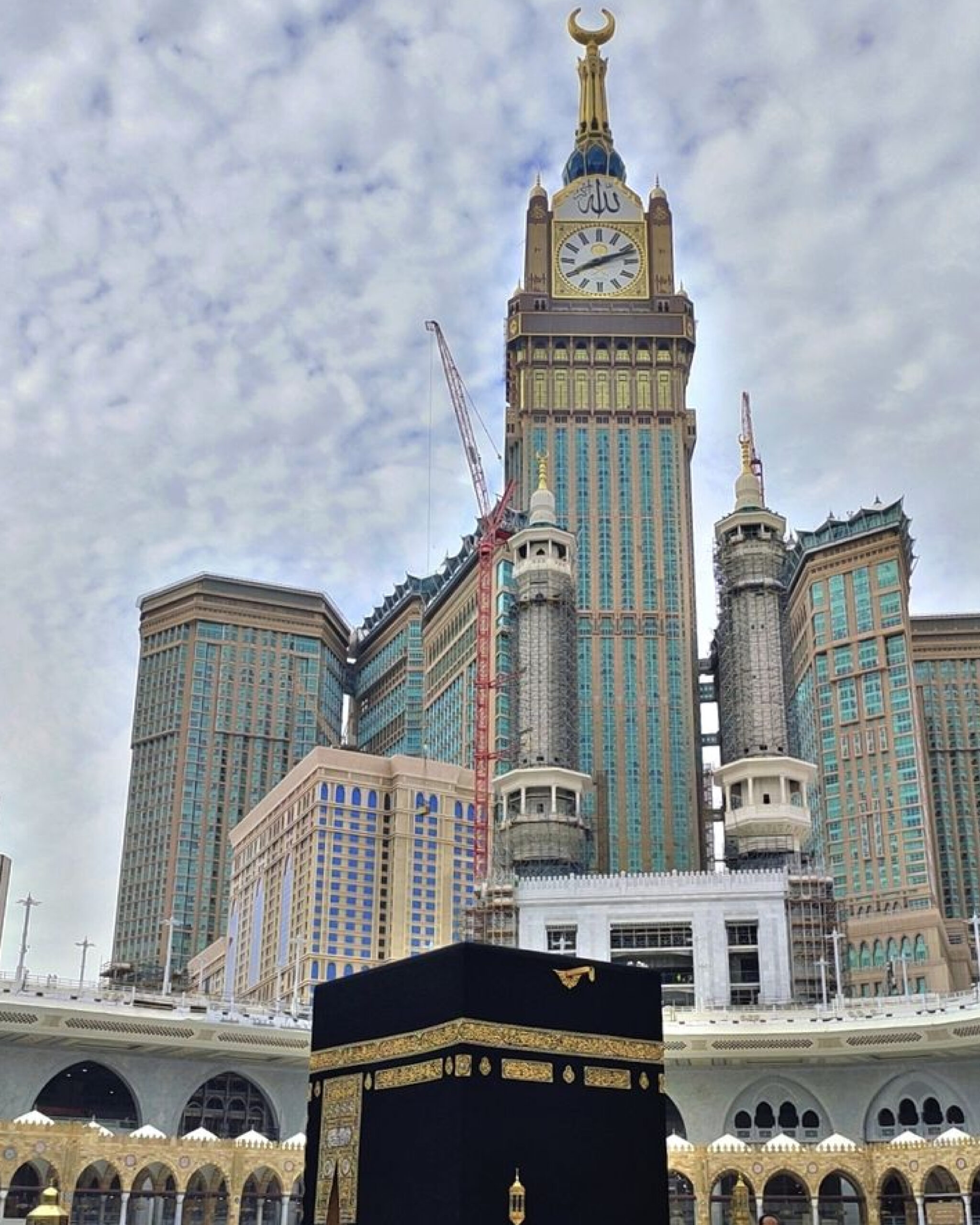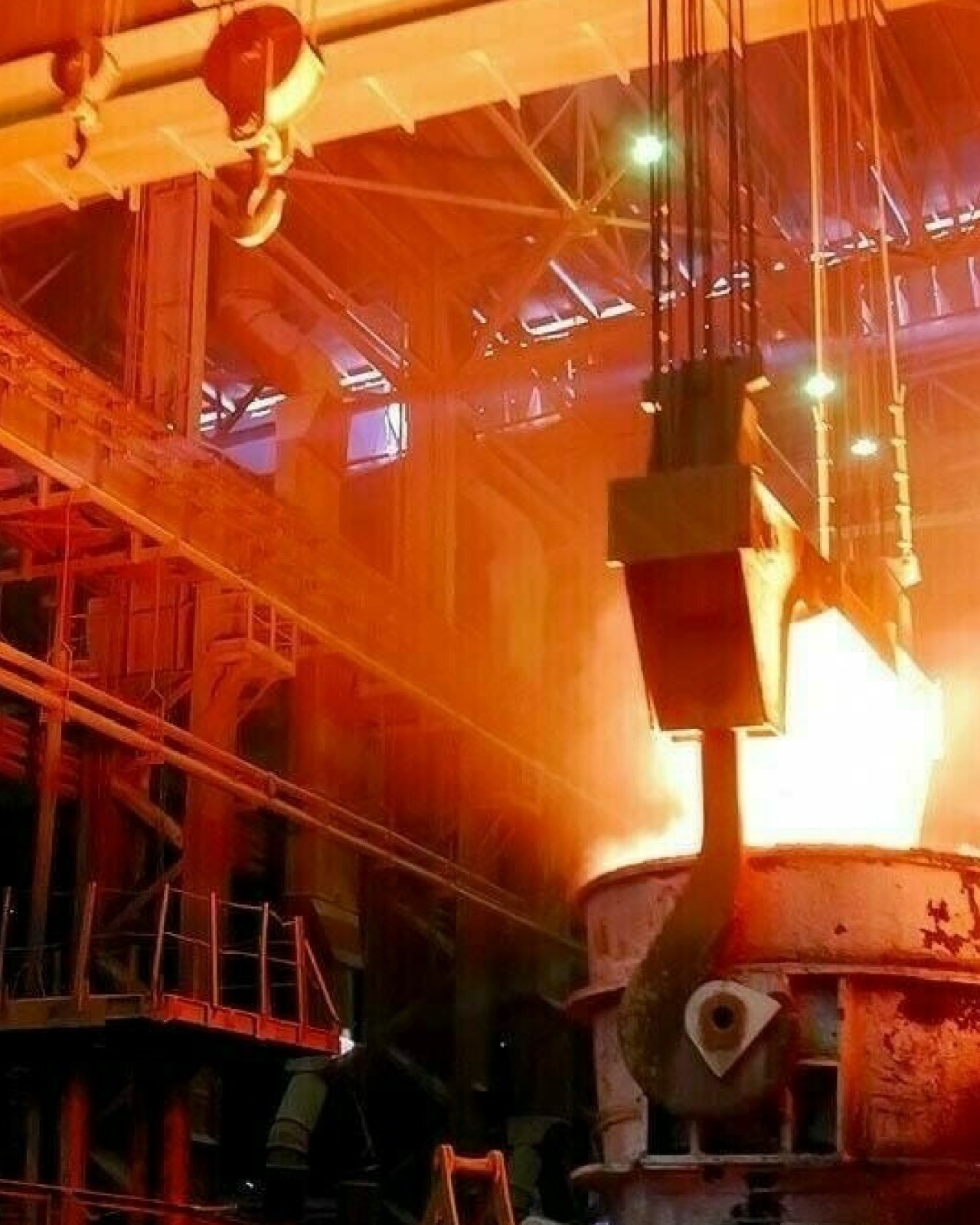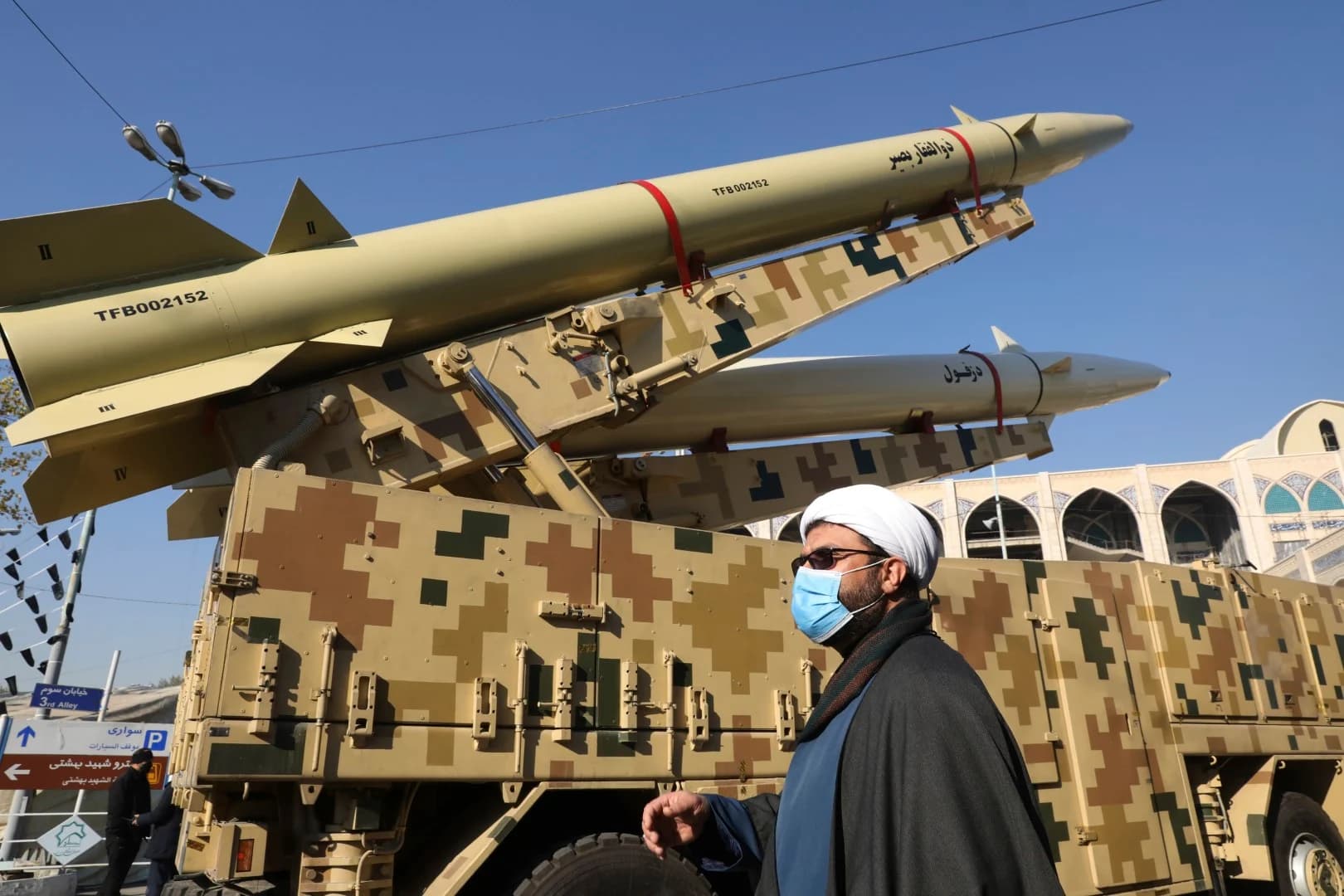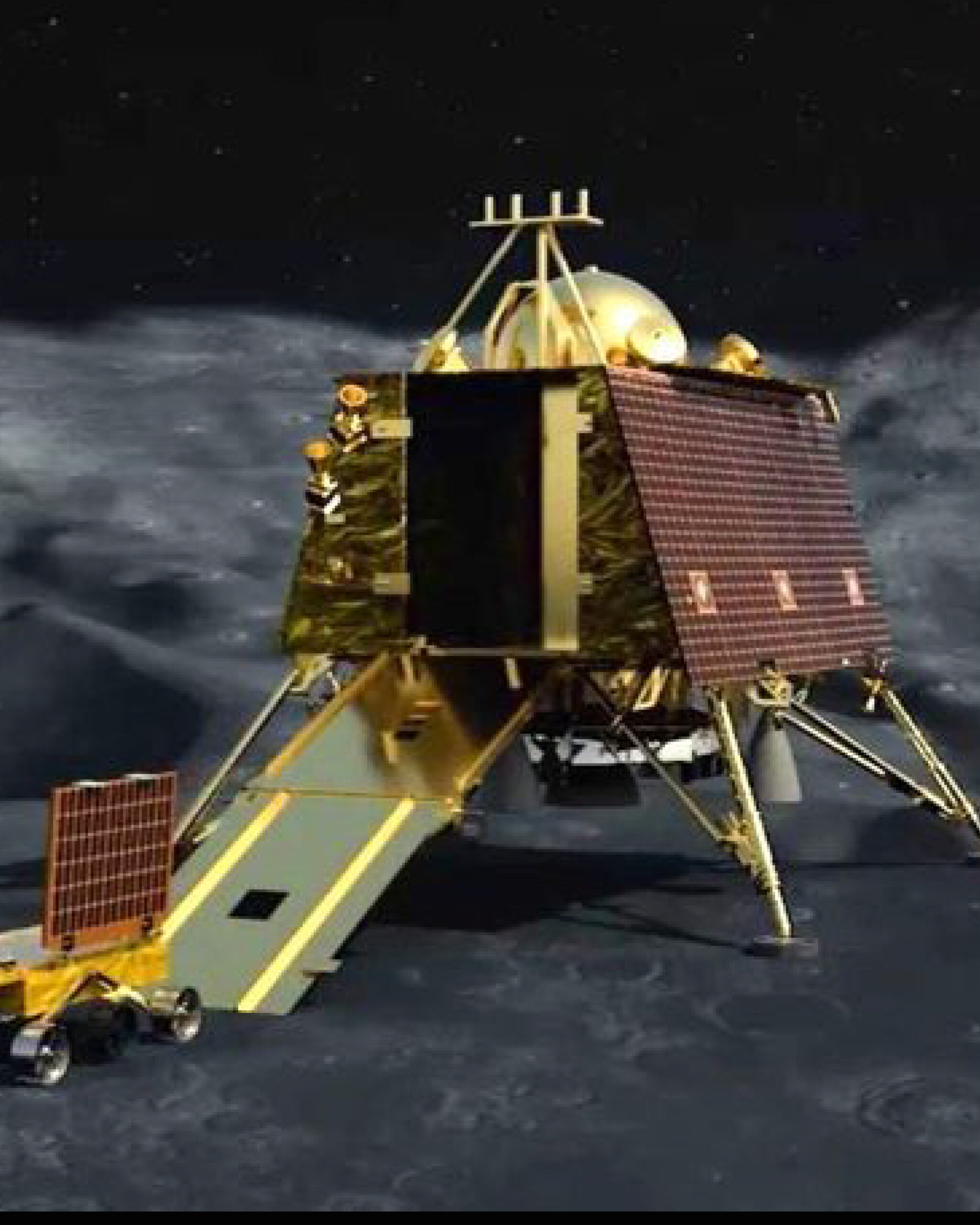
Chandrayaan-3 Mission reportedly Featured computer generated visuals
The Chandrayaan-3 mission, India’s landmark lunar landing project, has sparked widespread discussion—not just for its scientific achievement, but also for the visuals shared with the public. A growing debate questions whether some of the images and videos released by ISRO (Indian Space Research Organisation) are computer-generated imagery (CGI) rather than real photographs from the lunar surface.
Why Are CGI Visuals Used in Space Missions?
- Communication & Education:
- CGI helps explain complex missions to the public, making technical details accessible and engaging.
- Simulation & Planning:
- Before actual landings, agencies use CGI to simulate procedures, train teams, and visualize potential challenges.
- Filling Gaps:
- Sometimes, real-time footage isn’t available due to technical limitations, so CGI fills in to illustrate key moments.
Chandrayaan-3: What Was Real and What Was CGI?
- Official ISRO Footage:
- ISRO released both real images from Chandrayaan-3’s cameras and CGI animations to demonstrate the landing sequence and rover deployment.
- Public Confusion:
- Some viewers mistook CGI simulations for actual lunar footage, leading to claims that the mission visuals were “fake.”
- Clarifications:
- ISRO and science communicators clarified which visuals were simulated and which were captured on the Moon.
How to Identify CGI vs. Real Space Images
- CGI Features:
- Highly polished, smooth surfaces
- Perfect lighting and shadows
- Lack of dust, scratches, or real-world imperfections
- Real Images:
- Grainy or low-resolution
- Irregular lighting due to harsh lunar conditions
- Visible dust, shadows, and artifacts
Why This Debate Matters
- Public Trust:
- Transparency about which visuals are CGI helps maintain public trust in space agencies.
- Science Communication:
- Clear labeling of images as “simulation” or “actual footage” is essential for informed public understanding.
The Role of Social Media
- Viral Claims:
- Social media platforms amplified the CGI claim, sometimes without context, fueling skepticism.
- Fact-Checking:
- Science journalists and ISRO officials responded with clarifications and educational content.
Key Takeaways
- Chandrayaan-3’s mission included both real and CGI visuals for different purposes.
- CGI is a standard tool in space communication, not a sign of deception.
- Clear communication is crucial to prevent misunderstandings and conspiracy theories


